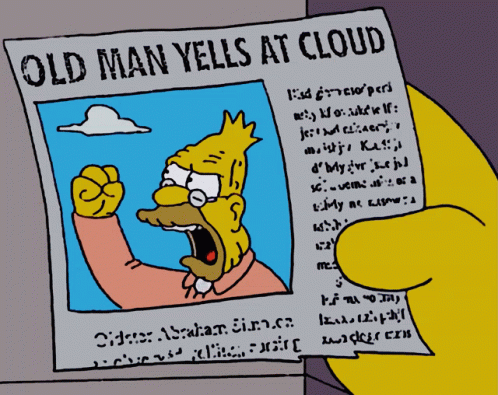TheGrayRider
Well-known member
If people actually paid their bills, I would be unemployed.
A large part of my practice is debtor-creditor law and collections. I have been to court over the years trying to collect from, among others,
- First-round NFL draft picks who can't pay for the carpet in their house,
- Retired full military colonels who can't pay the minimum on their credit cards,
- Convicted murderers, out on parole, whose family members or friends ran up crecit card debt during their incarceration,
- Medical doctors and chiropractors,
- Unlicensed former law students with exhorbitant student loan debts,
- Single mothers with 9 children, and on and on...
The big banks make so much profit off the unsecured credit cards that they can easily just write off a large portion of their bad debt. I won't even write about the balances I see due in Court weekly over the unpaid student loans.
Happy hunting, TheGrayRider a/k/a Tom.
A large part of my practice is debtor-creditor law and collections. I have been to court over the years trying to collect from, among others,
- First-round NFL draft picks who can't pay for the carpet in their house,
- Retired full military colonels who can't pay the minimum on their credit cards,
- Convicted murderers, out on parole, whose family members or friends ran up crecit card debt during their incarceration,
- Medical doctors and chiropractors,
- Unlicensed former law students with exhorbitant student loan debts,
- Single mothers with 9 children, and on and on...
The big banks make so much profit off the unsecured credit cards that they can easily just write off a large portion of their bad debt. I won't even write about the balances I see due in Court weekly over the unpaid student loans.
Happy hunting, TheGrayRider a/k/a Tom.




